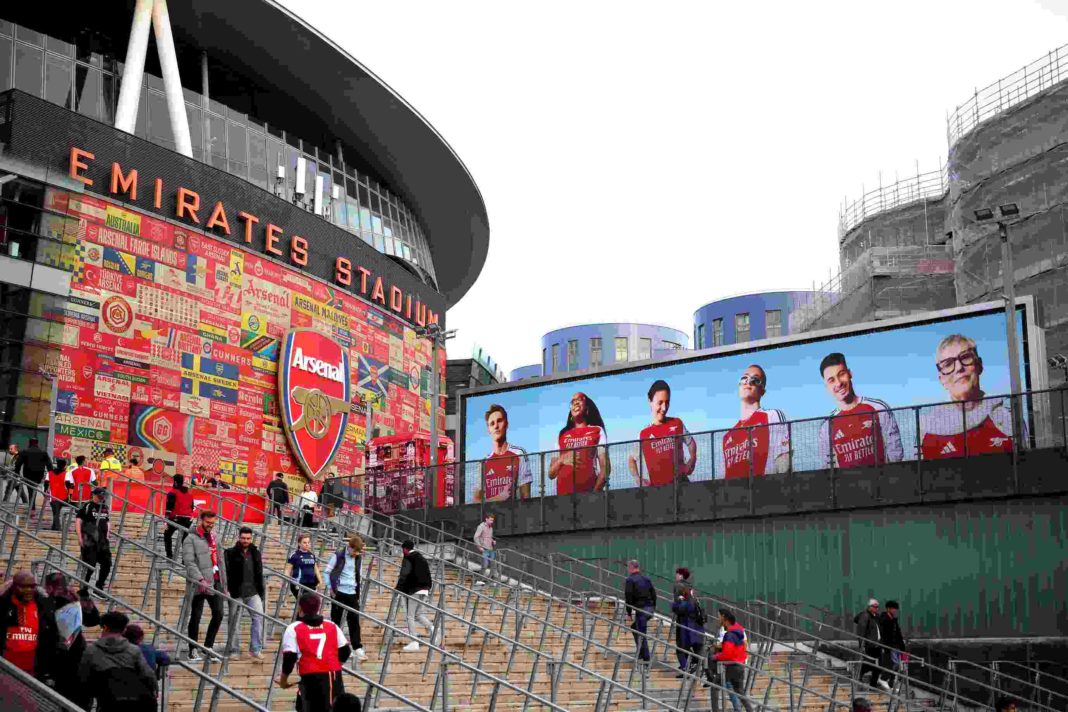According to L’Équipe, Arsenal’s move to the Emirates Stadium in 2006 hasn’t delivered the financial boost once envisioned by Arsène Wenger and the club’s hierarchy.
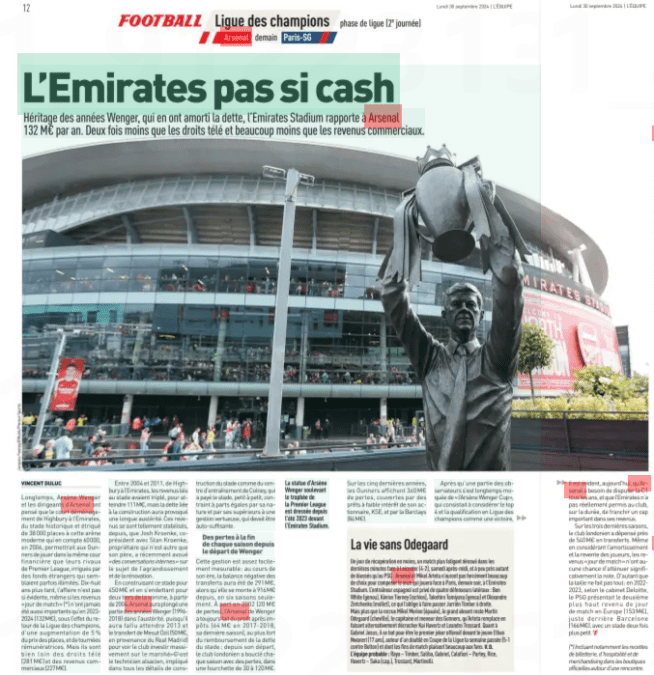
While the club’s matchday revenue reached a record €132 million in the 2023-24 season, thanks to the return of Champions League football, a five percent ticket price increase, and lucrative pre-season tours, L’Équipe reports that this figure is still overshadowed by the club’s TV rights income (€281 million) and commercial revenues (€227 million).
L’Équipe highlights that Arsenal’s intention in leaving the 38,000-seat Highbury for the 60,000-seat Emirates was to elevate the club to the financial levels of their Premier League rivals, many of whom benefit from foreign investment.
However, they argue that nearly two decades later, this hasn’t materialised as clearly as hoped.
The financial reality of the Emirates move
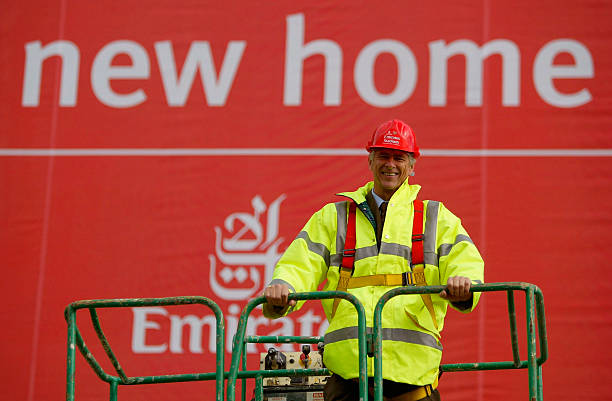
L’Équipe points out that between 2004 and 2011, Arsenal’s stadium income tripled, peaking at €111 million.
Despite this boost, the €450 million cost of the Emirates, financed with two-thirds of the amount through debt, led to a period of austerity at the club.
This financial strain meant that Wenger, who was deeply involved in the construction process of both the Emirates and the Colney training centre, had to operate under a tight budget for many years, as we are all-too aware.
Arsenal’s heavy debt load meant that Wenger’s transfer spending was severely restricted until the 2013 signing of Mesut Özil from Real Madrid for €50 million.
L’Équipe stresses how Wenger’s frugal management was key to keeping the club afloat during this period. Throughout his tenure from 1996 to 2018, Arsenal’s negative transfer balance stood at just €291 million.
By contrast, in the six seasons since Wenger’s departure, Arsenal’s net transfer spending has soared to €916 million, signalling a drastic shift in spending behaviour.
Despite these financial challenges, Wenger’s Arsenal consistently turned a profit, recording a €64 million surplus in his final season.
Since his exit, however, L’Équipe notes that the club has reported losses ranging from €30 to €120 million each season, totalling €360 million over the last five years.
Emirates expansion discussions and the need for Champions League football
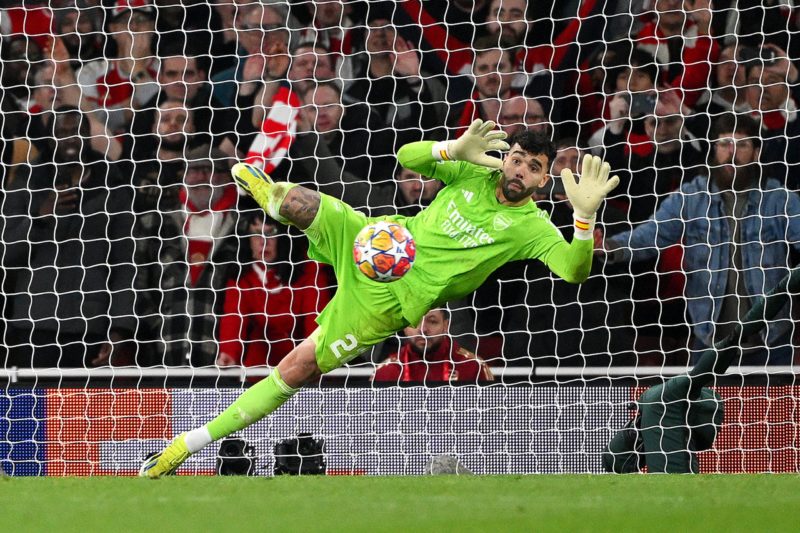
L’Équipe reveals that Josh Kroenke, Arsenal’s co-chairman, has acknowledged internal discussions regarding the expansion and renovation of the Emirates, indicating that the club recognises its need to maximise matchday revenue further.
The report stresses that this consideration reflects how Arsenal’s ambitions have shifted over the years. As L’Équipe emphasises, Arsenal’s financial health is increasingly tied to their participation in the Champions League, making it crucial for the club to secure a top-four finish each season.
Spending big in a quest for success

Over the last three seasons, Arsenal has invested nearly €540 million in the transfer market. Yet, L’Équipe notes that with such spending, matchday revenues alone cannot cover the club’s outlays, especially when considering the depreciation and resale of players.
The report suggests that the Emirates, contrary to original expectations, hasn’t enabled Arsenal to bridge the financial gap with Europe’s elite clubs over the long term.
L’Équipe further points out that matchday revenue isn’t solely dependent on stadium size, citing the example of Paris Saint-Germain. Despite playing in the smaller Parc des Princes, PSG generated €153 million in matchday income in the 2022-23 season, second only to Barcelona’s €166 million.
Conclusion: the Emirates hasn’t delivered as promised
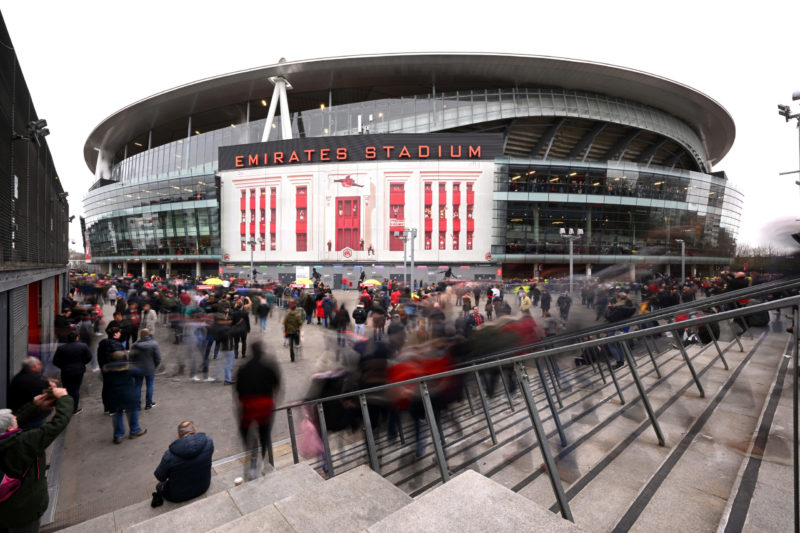
Ultimately, L’Équipe argues that while the Emirates has increased Arsenal’s matchday revenue, it hasn’t delivered the significant financial leap anticipated.
The stadium’s financial legacy remains complex, as the club’s spending and reliance on external revenues have grown significantly.
The return of Champions League football is a positive step, but L’Équipe concludes that Arsenal is still searching for the full financial windfall that moving to the Emirates was supposed to bring.
Do you agree with L’Equipe? Let us know on Twitter or Threads

